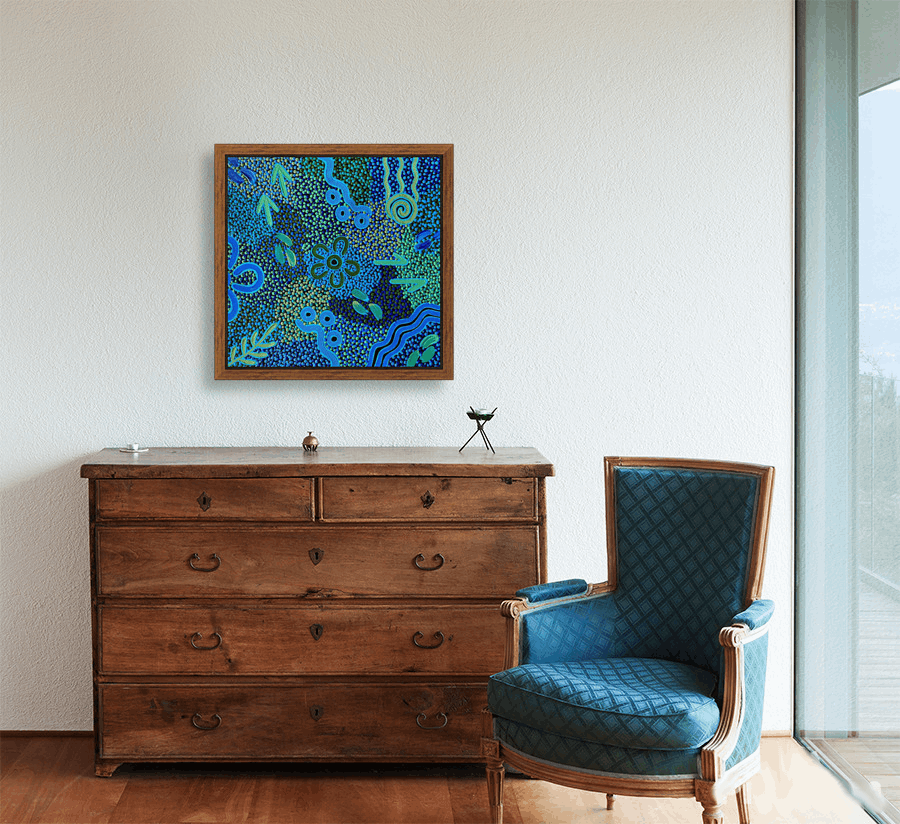
Aboriginal and Torres Strait Islander people have significant cultural responsibilities to care for sea country. They have been sustainably using and managing their sea country, including areas now in Australian Marine Parks, for tens of thousands of years.
Did you know that Traditional Owners and native title holders are allowed to fish and hunt in Australian Marine Parks?
The Environment Protection and Biodiversity Conservation Act, under which management plans are made, does not affect the operation of the Native Title Act or the Aboriginal Land Rights Act.
These Acts preserve rights to traditional use of land and waters.
Commonwealth reserves, including marine parks, do not prevent Indigenous persons from undertaking non-commercial hunting or food gathering or using the reserves for ceremonial and religious purposes.
Aboriginal and Torres Strait Islander people aren’t required to carry a permit for traditional hunting or cultural ceremonies in marine parks.
Parks Australia acknowledges the deep understanding and experience that Aboriginal and Torres Strait Islander people can contribute to the management of Australian Marine Parks.
To support ongoing engagement and collaborative approaches to managing Australian Marine Parks, Parks Australia has established a set of principles to support collaborative management in sea country and a national Indigenous engagement program.
This program includes actions to recognise and respect the ongoing cultural responsibilities of Indigenous people to care for sea country and support multiple benefits for Traditional Owners.
In many locations, Indigenous communities have established ranger groups and dedicated Indigenous Protected Areas over sea country.
These Indigenous-led protected areas and ranger groups are making a significant contribution to the management of sea country, including in Australian Marine Parks.
Out of stock
Ready to become an art collector? Read more information and answers to frequently asked questions about this collector's item below.

I acknowledge and pay respect to the Traditional Custodians of the land we live and work on. I extend my respects to Elders, both past, present and emerging; and recognise the continuing connection to lands, waters and communities of all Aboriginal and Torres Strait Islander peoples today.